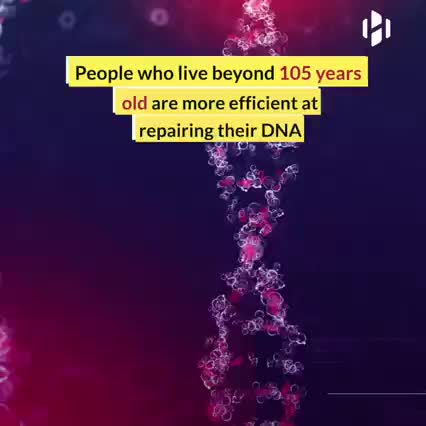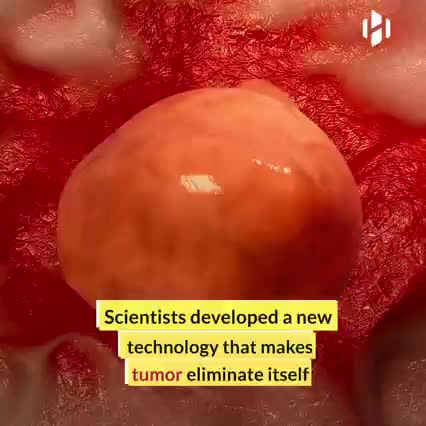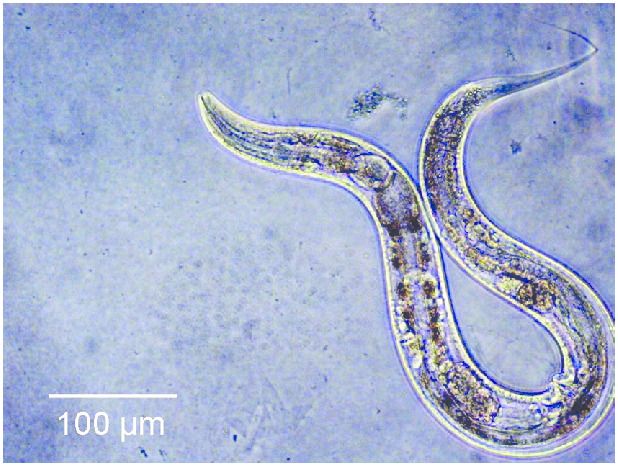Page 5426
May 21, 2021
Electric cars will be cheaper to produce than fossil fuel vehicles by 2027
Posted by Jason Blain in categories: sustainability, transportation
May 21, 2021
New technology eliminates tumors, and could revolutionize cancer therapy
Posted by Jason Blain in category: biotech/medical
May 21, 2021
Polycarpa mytiligera can regrow all of its organs if dissected into three pieces
Posted by Joe Bennett in categories: biotech/medical, life extension
It might not look like much, but this little worm could hold the key to biological regeneration!
Researchers have made an extraordinary discovery using a creature in common to the Gulf of Eilat. The creature is called Polycarpa mytiligera and is a species of ascidian, which is a marine animal commonly found in the waters of the Gulf that is capable of regenerating its organs. Surprisingly, the researchers discovered the animal can regenerate all of its organs even when dissected into three fragments.
Scientists say that is an astounding discovery because it’s an animal belonging to the Phylum Chordata, which are animals with a dorsal cord, which also includes humans. The ability to regenerate organs itself is not uncommon in the animal kingdom. One example is the gecko able to regrow its tail. However, it’s not common for creatures to be able to regrow entire body systems.
May 21, 2021
AgomAb Therapeutics announce major funding for nanobody research
Posted by Joe Bennett in category: biotech/medical
Antibodies are small protein molecules which are used by the body in order to ‘tag’ foreign pathogens in order for the immune system to identify and destroy them. What is unique about these antibodies is that due to their structure they will only attach themselves to a particular pathogen (on a site known as an antigen). In many cases, the binding of an antibody to a pathogen such as a virus is enough to completely inactive the virus, making it effectively harmless.
Due to the existence of millions upon millions of different types of pathogens, there are quite literally trillions of possibilities for the structures of antibodies, which gives them a near infinite ability to bind with extreme prejudice to just about anything within the body, including our own proteins, such as enzymes and cell receptors.
This ability to bind to biological surfaces allows antibodies to effectively mimic the function of proteins within the body, with the added benefit of often being notably more stable that the protein that they are mimicking. However, there is the slight issue with human antibodies in that they are fairly large, which makes them physically incapable of mimicking many types of proteins. Fortunately, antibodies are not universally the same size within the animal kingdom, and animals such as Llamas have very small antibodies, which are commonly known as nanobodies (very small antibodies).
May 21, 2021
Scientists use genetic engineering to increase worm’s lifespan
Posted by Joe Bennett in categories: bioengineering, biotech/medical, evolution, genetics, life extension
To answer this question, an internal team of scientists, consisting of researchers affiliated with the Buck Institute for Research on Ageing, and researchers from Nanjing University decided to modify both the Insulin and the rapamycin pathways of a group of C.elegans worms, expecting to see a cumulative result of a 130% increase in lifespan. However, instead of seeing a cumulative effect in lifespan, the worms lived five times longer than they normally would.
“The synergistic extension is really wild. The effect isn’t one plus one equals two, it’s one plus one equals five. Our findings demonstrate that nothing in nature exists in a vacuum; in order to develop the most effective anti-aging treatments we have to look at longevity networks rather than individual pathways.” – Jarad Rollins of Nanjing University.
What could this mean for human regenerative medicine? Humans are not worms, however on a cellular level they do possess very similar biology. Both the insulin pathway and the rapamycin pathway are what is known as ‘conserved’ between humans and C.elegans, meaning that these pathways have been maintained in both organisms. In the distant past, both humans and C.elegans had a common ancestor, in exactly the same way as humans and Chimpanzees have a common ancestor. Evolution has changed our bodies significantly over the millions of years that humans and C.elegans have diverged from one another, but a lot of our fundamental biological functions remain largely unchanged.
May 21, 2021
Strange “Black Swan” Defect Discovered in Soft Matter for First Time
Posted by Genevieve Klien in categories: biological, materials
Using an advanced microscopy technique, Texas A&M researchers have uncovered a twin boundary defect in a soft polymer that has never been observed before.
Texas A&M University scientists have for the first time revealed a single microscopic defect called a “twin” in a soft-block copolymer using an advanced electron microscopy technique. This defect may be exploited in the future to create materials with novel acoustic and photonic properties.
“This defect is like a black swan — something special going on that isn’t typical,” said Edwin Thomas, professor in the Department of Materials Science and Engineering. “Although we chose a certain polymer for our study, I think the twin defect will be fairly universal across a bunch of similar soft matter systems, like oils, surfactants, biological materials, and natural polymers. Therefore, our findings will be valuable to diverse research across the soft matter field.”
May 21, 2021
Apple’s rivals may never be able to catch up to its powerful new chip
Posted by Genevieve Klien in categories: business, computing
Early in the testing phase of Apple’s M1 chipset, a milestone new product for the company, the processor was installed in a batch of Mac computers and given to staffers working on applications that demanded heavy processing power. It was a pivotal moment: the first time Apple had made its own chip for any of its computers, shifting away from years of using a one-size-fits-all option from Intel.
After multiple teams tested the devices for a few hours while working on tasks, they reported lightning-fast performance but nearly all flagged an apparent problem. The MacBook Pro’s battery indicator, featured on the upper right hand corner of the computers, was broken. It had barely moved despite running power-hungry programs, the company told CNN Business.
The gag, of course, is that the battery indicator was working just fine. The M1 chip was so efficient, according to Apple, that it showed no real strain — one of several major selling points for products that now carry the chip. (Apple promises 20 hours of battery life for its 13-inch M1 MacBook Pro — what it says is the longest battery in any Mac to date).
May 21, 2021
Amazon is shutting down Prime Now and folding two-hour deliveries into its main app
Posted by Genevieve Klien in category: futurism
Amazon says it will be ‘even more seamless for customers’.
Amazon is shutting down its standalone Prime Now delivery app, with its speedy two-hour delivery options moving exclusively into the company’s main app and website, the company announced today. Prime Now services have already moved into the main app in India, Japan, and Singapore, while in other countries Amazon is already directing Prime Now users into its main app and website via a pop-up, CNBC notes. The standalone Prime Now app and website will be retired by the end of the year.
Originally launched in 2014, Prime Now was designed to offer deliveries of essential items within hours rather than days for Prime members. The service was initially available in just a small number of cities, but has since expanded to over 5000 locations around the world, CNBC notes. Writing in a blog post, Amazon’s vice president of grocery Stephenie Landry said shutting down the separate app will “make this experience even more seamless for customers.”


















